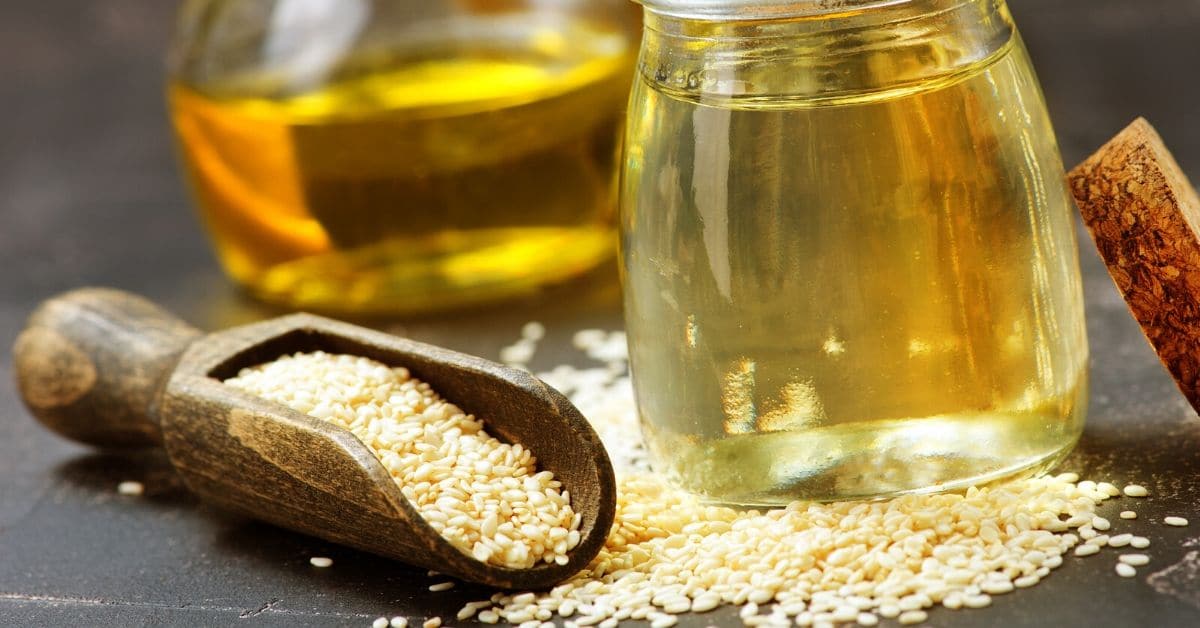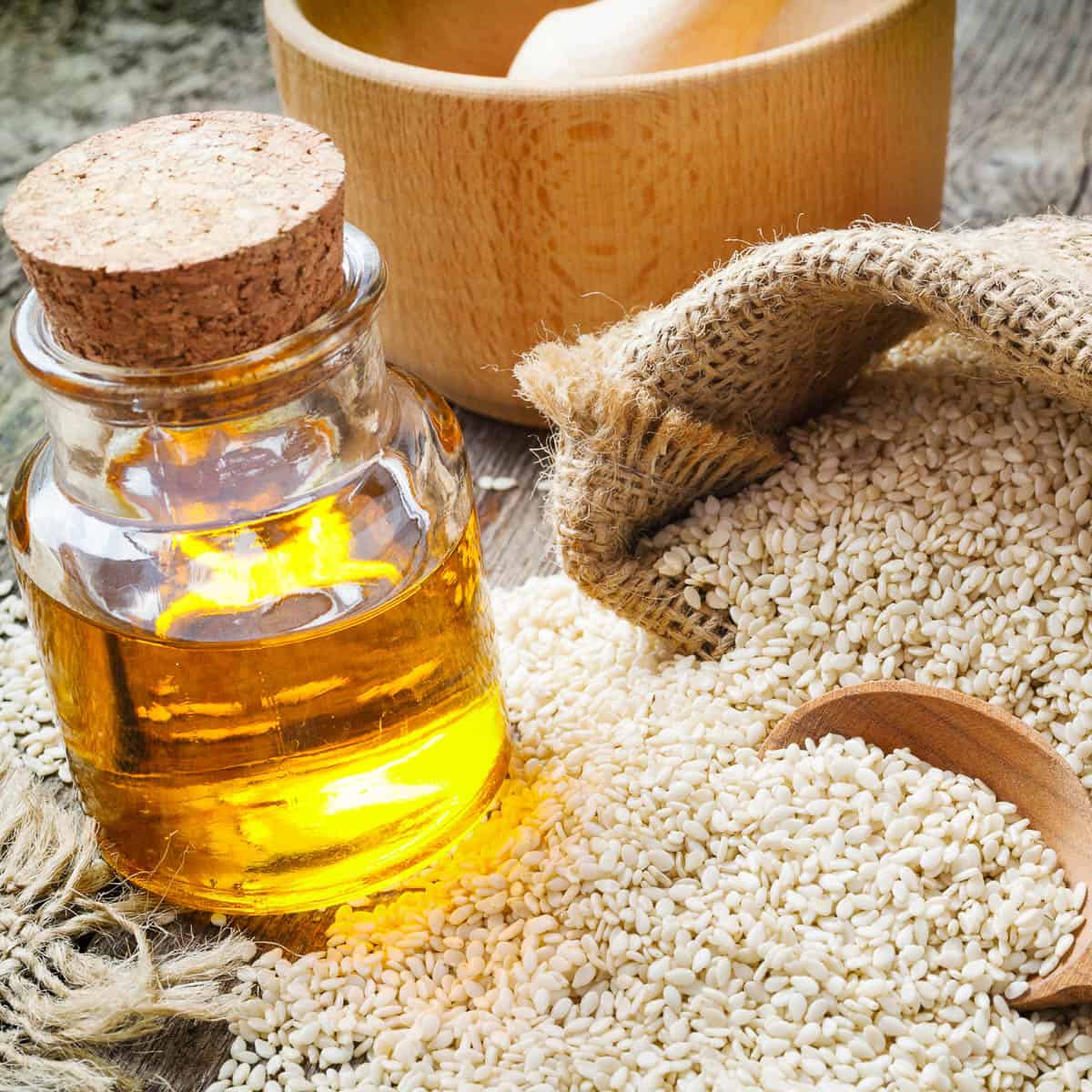Sesame oil, derived from the seeds of the Sesamum indicum plant, is a staple in various culinary traditions, particularly in Asian and Middle Eastern cuisines. Its distinctive nutty flavor, rich nutritional profile, and numerous health benefits have made it a popular ingredient not only in food but also in traditional medicine and cosmetics. This article delves into the extraction methods, nutritional composition, culinary uses, health benefits, and various applications of sesame oil.
Extraction Methods
The process of extracting sesame oil can be categorized into traditional and industrial methods, each yielding oil with distinct characteristics.
- Traditional Methods:
- Cold Pressing: This method involves mechanically pressing the sesame seeds without the application of heat. The seeds are cleaned, dehulled, and then pressed in a screw press or hydraulic press. Cold pressing preserves the oil’s natural flavor, color, and nutrients, resulting in a high-quality product often used in gourmet cooking and for therapeutic purposes.
- Hot Pressing: In this process, sesame seeds are roasted before being pressed. The heat helps to extract more oil and enhances the flavor profile, giving the oil a darker color and a more intense nutty taste. Hot-pressed sesame oil is commonly used in cooking for its robust flavor.
- Industrial Methods:
- Solvent Extraction: This method involves using chemical solvents, such as hexane, to extract oil from the seeds. The solvent is then evaporated, leaving behind the oil. While this method is efficient and yields a high amount of oil, it may affect the flavor and nutritional quality.
- Expeller Pressing: Similar to cold pressing but often involves a slight application of heat. The seeds are fed into a machine where they are crushed and pressed to extract the oil. This method balances efficiency and quality, producing oil suitable for both culinary and industrial uses.
Nutritional Composition
Sesame oil is packed with essential nutrients, making it a valuable addition to a balanced diet. It is rich in:
- Monounsaturated and Polyunsaturated Fats: These healthy fats help reduce cholesterol levels and support heart health.
- Vitamin E: An antioxidant that helps protect cells from oxidative stress.
- Phytosterols: Compounds that have been shown to lower cholesterol levels.
- Sesamin and Sesamolin: Unique lignans found in sesame oil that have antioxidant and anti-inflammatory properties.
Culinary Uses
Sesame oil’s versatile flavor profile makes it a popular ingredient in various dishes:
- Dressings and Marinades: Adds a nutty flavor to salads and marinades.
- Stir-Fries: Enhances the taste of vegetables, meat, and noodles.
- Soups and Stews: A finishing drizzle of sesame oil can elevate the aroma and flavor of soups.
- Baking: Used in some baked goods for its unique taste.

Health Benefits
The health benefits of sesame oil are supported by scientific research and traditional medicine:
- Heart Health: Rich in unsaturated fats and antioxidants, sesame oil helps lower bad cholesterol levels and promotes cardiovascular health.
- Anti-Inflammatory Properties: Compounds like sesamin and sesamolin have anti-inflammatory effects, which may help in managing conditions like arthritis.
- Skin and Hair Care: Sesame oil is often used in cosmetics due to its moisturizing and nourishing properties. It helps improve skin elasticity, reduce signs of aging, and promote healthy hair growth.
- Antioxidant Protection: Vitamin E and lignans in sesame oil protect cells from oxidative damage, reducing the risk of chronic diseases.
Applications Beyond Cooking
Sesame oil’s uses extend beyond the kitchen:
- Ayurvedic Medicine: Used in massage therapy for its warming and healing properties.
- Cosmetics: Incorporated into lotions, creams, and hair products for its emollient and protective qualities.
- Traditional Remedies: Employed in various cultures for treating wounds, burns, and as a natural laxative.
Conclusion
Sesame oil, with its rich history and diverse applications, continues to be a valuable commodity in modern times. Its extraction methods, whether traditional or industrial, each have their unique advantages, contributing to the oil’s varied uses in culinary, medicinal, and cosmetic fields. With its numerous health benefits and versatile flavor, sesame oil is truly a golden elixir that enhances both wellness and gastronomy.
Ajigofarms is a reliable global agricultural purchase sourcing with profound expertise in the manufacturing, and exportation of food crops. We are tested, and trusted suppliers of all kinds of cash crops and food crops. Our constant supply chain solution makes exporting easy, quick, and safe, we are identified with timeliness and meeting up with deadlines. Regardless of the region you are located in worldwide, you can reliably order your Agric products and be rest assured of successful delivery.




